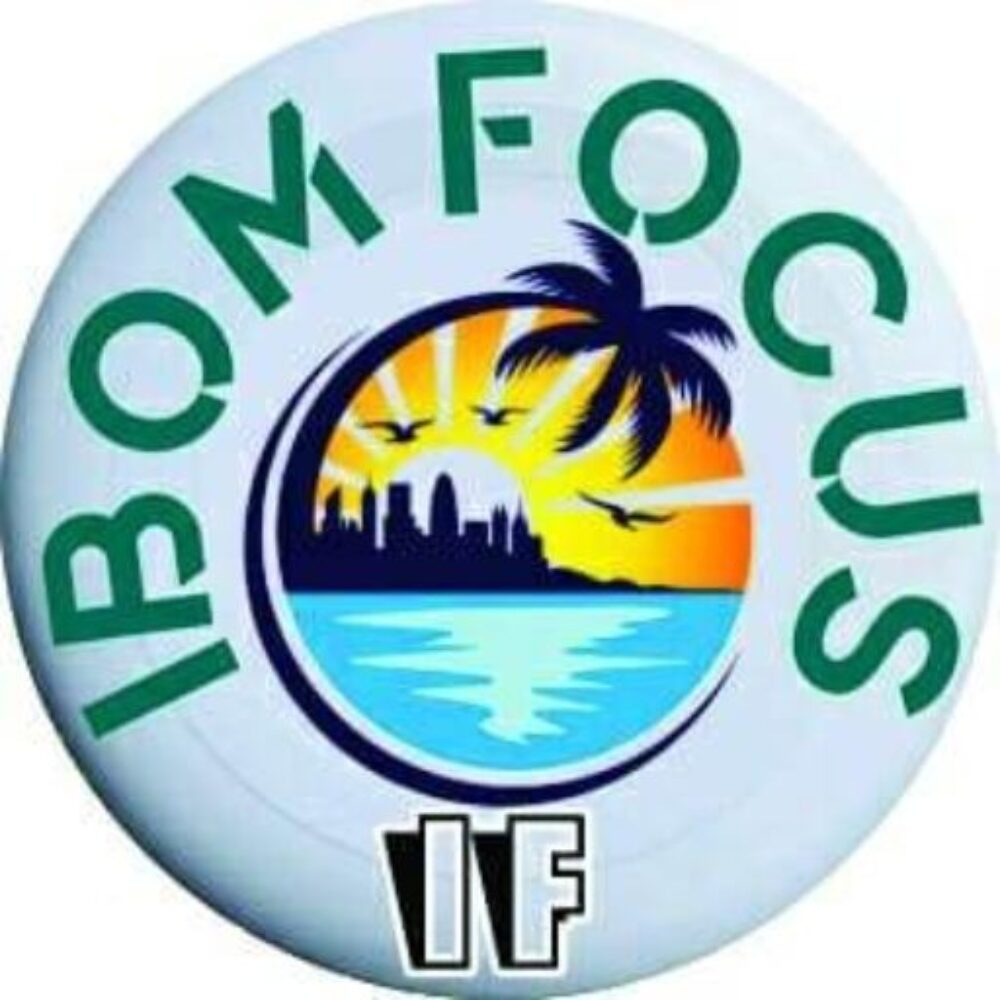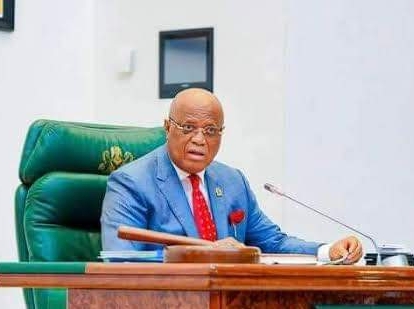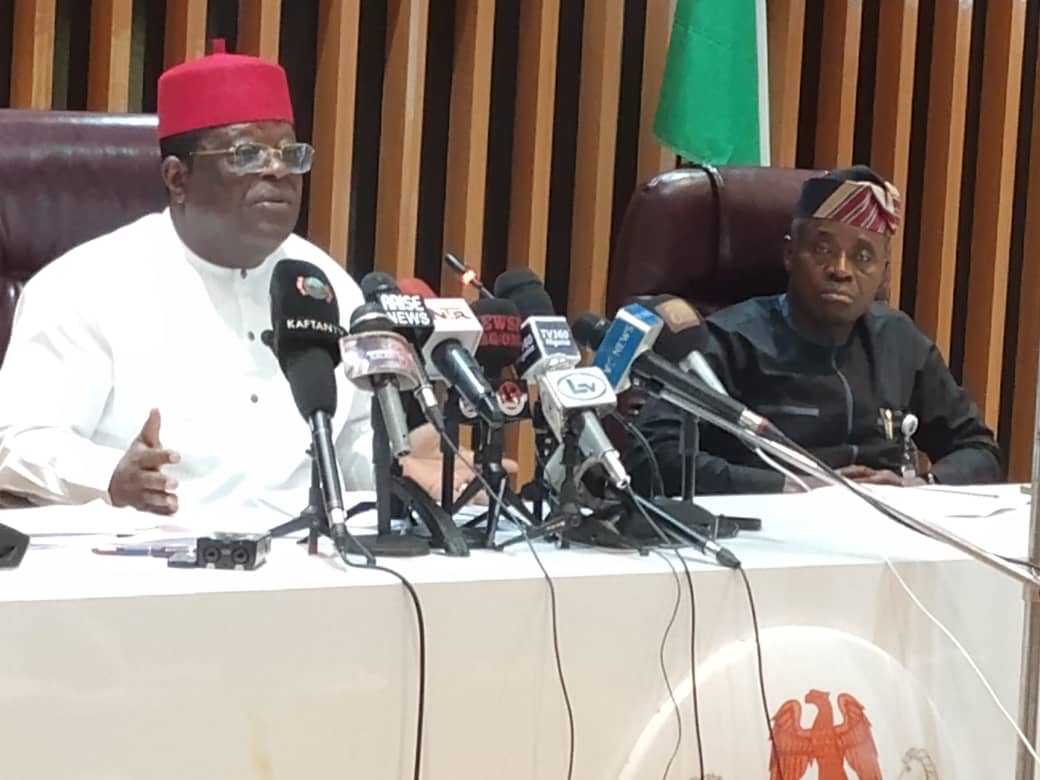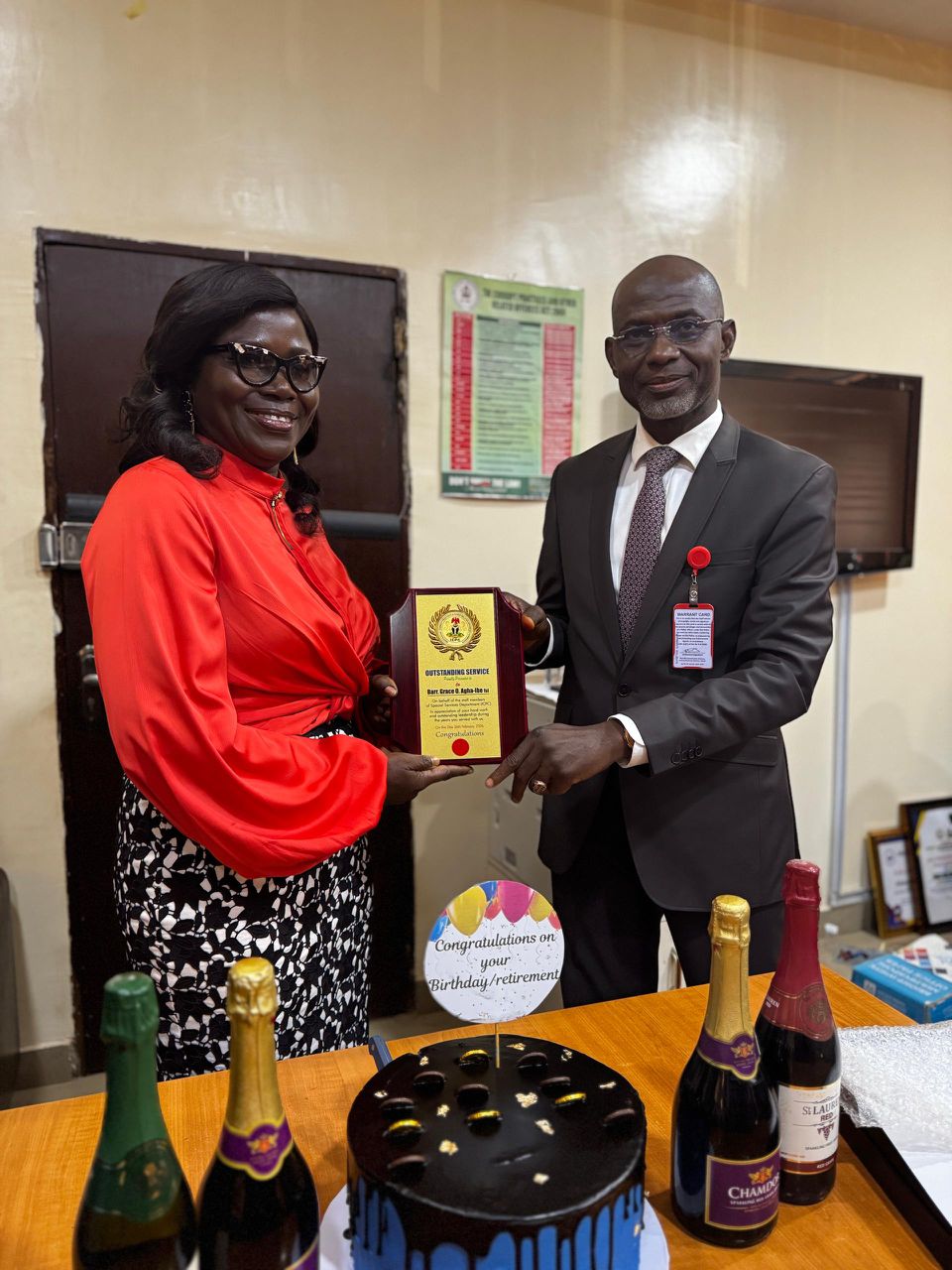BREAKING: Governor Udom’s 150bn Loan Request Blocked
Information reaching Ibom Focus says that Governor Udom’s 150bn Loan Request Blocked
The Federal Responsibility Commission (FRC) has placed a lien on the N150 billion loan requested by Akwa Ibom State Governor, Mr. Udom Emmanuel, the Next Edition can authoritatively reveal today.
According to a top government official who requested anonymity, the FRC halted the governor’s efforts to raise funds from the money market in response to a petition from the state.
“I can tell you that the Fiscal Responsibility Commission has stopped us from raising money from the money market as a result of a series of appeals from some persons and groups,” the insider stated.
The FRC is a federal institution tasked with promoting Nigeria’s transparent and accountable government financial management framework.
The Fiscal Responsibility Commission (FRC), established under the Fiscal Responsibility Act of 2007, has a mandate to guarantee that revenue-raising initiatives, resource allocation decisions, and debt management decisions are carried out in a responsible, transparent, and timely manner, as required by law.
Mr. Emmanuel approached the state assembly with a proposal to raise the facility from the money market to finance ongoing projects.
The previous week, rumours circulated that the governor was negotiating with state lawmakers to borrow N150 billion for an unspecified purpose.
While government information managers did not dispute or confirm the claim, the governor forwarded a letter to the state parliament on March 8, requesting approval of a N45 billion extra budget as well as a N150 billion credit facility.
Out of the N45 billion supplementary budget, Mr. Emmanuel indicated that N41 billion will be used for recurrent expenditure while a paltry N4 billion will be used for capital expenditure.
The governor noted in a letter to legislators, which was read by the Clerk, Mandu Umoren, that the government will raise a “financial instrument” either through “promissory note discounting” or “direct credit substitution” to enable project completion.

According to Mr. Emmanuel, the document would not necessitate an irrevocable standing payment order or any guarantee, thus no monthly deductions from federal contributions to the state would be made.
Leading a debate on the matter, the House Leader, Udo Kierian, insisted that the governor had assured that he intended to “create” the needed money within the money market, and not take a loan.
Speaking authoritatively on the floor of the House, he said, “For me, the first thing the Governor tried to make us know is that the instrument he is going to raise is not a loan. He has what it takes to create the money from the market without involving the assets of the state.
“The second thing is that the instrument does not require deduction of allocations to the state. If the money is not going to be deducted from the federation account, that means we have no issue because what would have been an issue is how we get the money refunded.”
While all the lawmakers who spoke on the topic praised Mr. Emmanuel for his capacity to generate funds for the government’s “completion agenda,” Akwa Ibom people resorted to social media to lampoon the governor and the pliant lawmakers.
According to some sources, many concerned individuals and organisations in the state have petitioned local and national agencies, including the FRC, to prevent Mr. Emmanuel and the assembly from obtaining the facility.
Attempts to speak with the Chief Press Secretary to the Governor, Ekerette Udo, failed as he would not take calls or respond to messages sent to his mobile phone.
When contacted, however, the state Commissioner for Finance, Linus Nkan, said the governor meant well for the state and disagreed vehemently with those against the planned facility.
“What the governor requested is not a loan. Many people do not understand what is meant by a loan, a certificate, or an instrument. An instrument to seek for finance has nothing to do with a loan and is not attached to any promissory note, and repayment is not based on ISPO or anything of sort,” said Mr. Nkan.
“It was established that we have some refunds from the Federal Government, but they said they don’t have the money to pay. They came out with different options including discounting instruments, they can give us a promissory note or whatsoever, or they pay the money over five years.
We thought that instead of waiting to receive small over a five-year term, we can get to the financial market and get any institution that would allow us to trade our positions and get bulk money to invest in the development of the state,” Mr. Nkan explained.
Bede Anyawu, the FRC’s Head of Strategic Communications, confirmed to our reporter that the commission had sent the Akwa Ibom loan request to the Legal Execution and Enforcement unit for action.
“The unit is addressing the situation right now, but I’m not sure how they’re doing. If you have our Act, you will notice that Sections 41 and 44 have established the conditions for borrowing. What we do is ensure that every borrowing complies with the Act’s terms.
“We want to make sure that the planned borrowing is in strict compliance with the enabling law. That’s exactly what we are trying to do,” he said.
Section 41 of the Act deals with the framework for debt management.
Section 1 read, “The framework for debt management during the financial year shall be based on the following rules: a. Government at all tiers shall only borrow for capital expenditure and human development, provided that, such borrowing shall be on concessional terms with low interest rate and with a reasonable long amortization period subject to the approval of the appropriate legislative body where the necessary; and
Section 44 of the Act deals with Conditions of Borrowing and Verification of compliance limits.
1) Any Government in the Federation or its agencies and corporations desirous of borrowing shall, specify the purpose for which the borrowing is intended and present a cost-benefit analysis, detailing the economic and social benefits of the purpose to which the intended borrowing is to be applied.
2) Without prejudice to subsection (1) of this section, each borrowing shall comply with the following conditions: a. The existence of prior authorization in the Appropriation or other Act or Law for the purpose for which the borrowing is to be utilised, and b. The proceeds of such borrowing shall solely be applied towards long-term capital expenditures.
3) Nothing in this section shall be construed to authorize borrowing in excess of the limits ser out in section 44 of this Act.
4) The Commission shall verify on a quarterly basis, compliance with the limits and conditions for borrowing by each Government in the Federation.
5) Without prejudice to the specific responsibilities of the National Assembly and Central Bank of Nigeria, the Debt Management Office shall maintain a comprehensive, reliable, and current electronic database of internal and external public debts, guaranteeing public access to the information.








